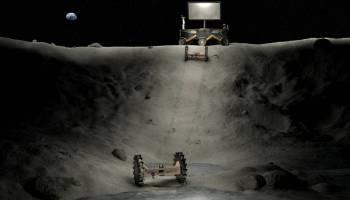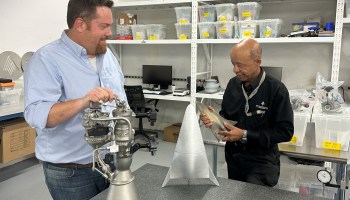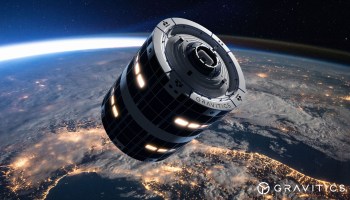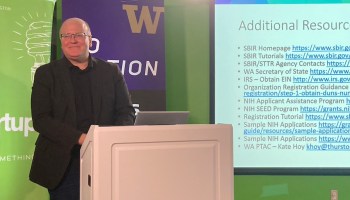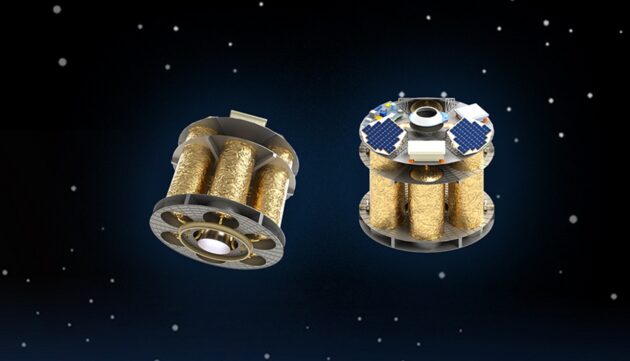
Two Washington state aerospace companies — Tukwila-based New Frontier Aerospace and Spanaway-based HyBird Space Systems — are among 95 ventures that have won project development funding from NASA through its Small Business Innovation Research program.
The Phase II SBIR grants are valued at up to $850,000 each. These grants follow up on earlier Phase I funding for the projects, and will be distributed over a 24-month contract period.
Each small business was also eligible to apply for up to $50,000 in funding from NASA’s Technical and Business Assistance program to help the companies identify new market opportunities and work on their commercialization strategies.
The total outlay for 107 projects comes to $93.5 million, NASA said.
“We are thrilled to support this diverse set of companies as they work diligently to bring their technologies to market,” Jenn Gustetic, director of Early Stage Innovation and Partnerships at NASA’s Space Technology Mission Directorate, said today in a news release. “Inclusive innovation is integral to mission success at NASA, and we’re excited to see that 29% of the awardees are from underrepresented groups, including 11% women-owned businesses.”
NASA’s SBIR grants focus on technologies that could advance the agency’s initiatives in space and aeronautics. New Frontier, for example, is working on a variety of rocket-powered aircraft and spacecraft. The newly announced Phase II grant will support the development of Bifröst, an orbital transfer spacecraft designed to be powered by the company’s 3D-printed Mjölnir rocket engine.
New Frontier says Bifröst would be capable of transferring a 400-pound payload from low Earth orbit to geostationary Earth orbit, or sending 110 pounds of payload on a course to Mars or Venus. The technology could also be adapted for use in a lunar lander. For what it’s worth, Bifröst takes its name from the Rainbow Bridge of Norse mythology, and Mjölnir’s name is a nod to Thor’s hammer.
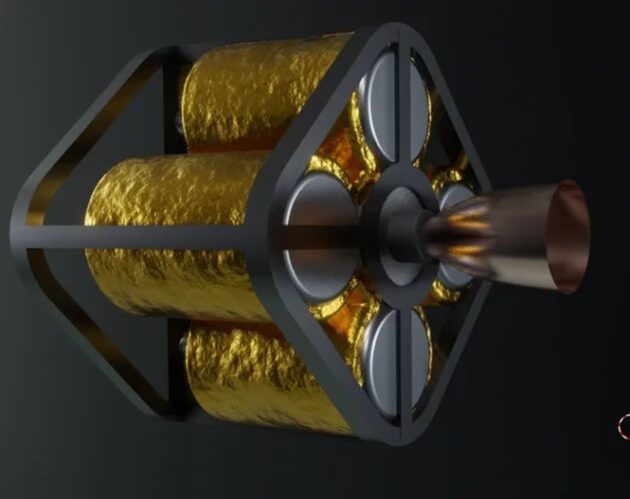
HyBird is developing a retrobraking propulsion system known as the RT-5X that could be used to bring inactive spacecraft down from low Earth orbit. The system would take advantage of “green” propellants.
NASA also awarded Phase II SBIR grants to two ventures headquartered in Oregon: The Innovation Laboratory, a Portland-based company that’s working on an AI-based system for advanced air traffic management; and Wilsonville-based IRPI, which is developing tools for handling and analyzing scientific samples in low-gravity environments.
